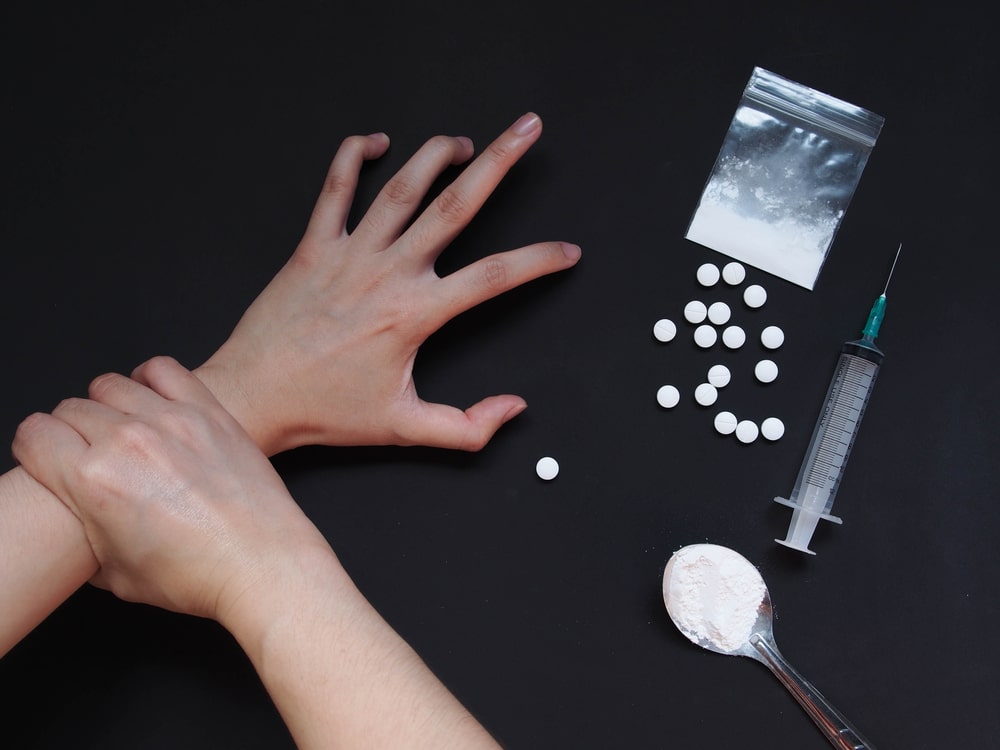After an amount of time, you might be given weekend passes or be permitted to go on unsupervised journeys. These privileges provide a reward for you to continue advancing in your healing and set a good example for recently sober customers. Taking some time to prepare for rehabilitation can increase your possibilities of success in the long run.
Insurance information and previous medical records. Alarm clock. Toiletries. Clothing. Laundry soap. Photos of liked ones and other items to remind you of house. List of existing medications. List of names, contact number, and addresses of close household and good friends. Checking out and writing products. Activities to kill time, such as musical instruments, crossword books and puzzles.
Likewise, you may only want to bring a small quantity of money and set up for a family member or good friend to send you extra money if needed. Make certain to leave any costly products in your home, such as fashion jewelry and high-end clothes and handbags. Prior to leaving for rehab you might also wish to take care of house, work, and school responsibilities, such as: Setting up to take a leave of lack from school and/or work.
Setting up automatic costs payments. Providing a partner or other relative with account numbers and passwords if they will be supervising your finances while you are away. Letting friends and family know that you will be going to treatment (if you feel comfortable). The Americans with Disabilities Act prohibits companies from victimizing employees who have taken part in substance abuse treatment.

For additional information about your rights, please see the Center for Drug abuse Treatment's publication Are You in Healing from Alcohol or Drug Problems? Know Your Rights. 2 Some "housekeeping" pointers to reduce temptation when you return house include: Getting rid of drugs, alcohol, and paraphernalia. Do a thorough sweep of your home and be sure to check any secret hiding spots.
Many individuals incorrectly think that completing a treatment program is completion of recovery. The fact is that healing is an ongoing process that takes time and effort. One way to increase the likelihood of remaining sober is to have an excellent aftercare strategy. Aftercare preparation is among the last actions throughout treatment.
They can assist you find other treatment providers, set up visits, and offer you with info on local self-help meetings. Having an aftercare plan is vital due to the fact that it increases the possibilities of long-lasting recovery and reduces the opportunities of relapse. 3 Each individual's aftercare strategy will be various, and a therapist can help you determine what will be most practical for you after treatment.
The Facts About What Happens In Drug Rehab Revealed
They are less limiting than rehab programs due to the fact that homeowners are able to leave the home throughout the day. how much does inpatient drug rehab cost. Many sober living homes have curfews, necessary drug screening and rules in location to keep citizens safe and prevent regression. Recovery meetings are complimentary self-help groups for people having problem with drug, alcohol and other dependencies.
Twelve-step groups motivate members to share their struggles with dependency, discover a sponsor to assist them through the 12 steps and establish a sober assistance system. Other healing conferences that do not fall into the 12-step category include SMART Healing, Females for Sobriety, LifeRing and Secular Organizations for Sobriety. Outpatient treatment is likewise an alternative after finishing a property program.
Outpatient rehabilitations usually provide group and specific treatment for a few hours weekly. Psychiatric therapy or therapy can be supplied by a psychologist, social worker or therapist who specializes in addiction. Therapists generally see customers for 1 to 2 sessions each week. But the number of sessions can differ depending upon your requirements.
Physicians might meet you 1 or more times per month to evaluate for any adverse effects and figure out if medications require to be changed. Regression is a concern for many individuals leaving rehab. It prevails to feel bombarded with triggers and combined sensations as you shift from a structured and safe environment back to daily life.
These include: Discovering new pastimes such as sports, reading, writing, and taking a trip. You can also think about returning to old pastimes that you might have overlooked while using drugs. Producing an assistance network of sober people. Recovery meetings offer one method to get in touch with similar individuals. Beginning a new workout routine.
Taking in a healthy diet plan of protein, vegetables, fruits, and intricate carbs. Avoid extreme sugar, salt, and processed foods. Offering your time at a homeless shelter, soup cooking area, or nursing house. Handling tension by practicing coping skills that you discovered in rehabilitation, such as meditation and deep breathing. Checking out a family member or buddy in rehabilitation can be beneficial to your liked one's recovery.
A lot of programs likewise provide the opportunity to take part in a joint therapy session throughout visits. A treatment session can allow member of the family to express their issues, work through troublesome household dynamics and enhance communication. Find more information Programs differ in their visitation policies. Some programs only allow weekend or night gos to throughout specific hours.
Some Ideas on How Long Do You Stay In Drug Rehab You Should Know
This black-out period limitations contact with household and pals in order to get the client through detox and assess their motivation for change. Other programs just permit gos to if family members and customers concur to take part in family treatment (what is the average cost of drug rehab). Be sure to ask the treatment center about its policy prior to you check out.
They also may not be enabled to generate unsealed drinks, which might have alcohol hidden in them. Visitors and their belongings might be searched before the visitor can enter the facility. Visitors may not be permitted to go into specific parts of the facility. This is particularly real for clients' bedrooms or anywhere that can not be kept an eye on by employee.
The goal is for visitors to get a sense of what the treatment experience is like for their liked ones. Joint therapy sessions might be voluntary or necessary for visitors. If you are planning to take part in a therapy session, you might wish to think of what you wish to say in advance.
Going to a liked one in rehab Substance Abuse Center can trigger mixed sensations that can vary from excitement and happiness to stress and anger. Many relative and pals end up being used to negative interactions when their liked ones are utilizing drugs and alcohol. Visiting somebody in rehabilitation is the primary step in practicing healthy interaction.

The Community Support Technique (CRA) is a well-studied and efficient form of treatment for clients and household members experiencing dependency. The technique seeks to enhance healthy interaction amongst relative. 1 Some CRA ideas for enhancing communication consist of: Offer compassion and understanding. Empathy involves putting yourself in the http://reidpane757.timeforchangecounselling.com/unknown-facts-about-how-to-commit-someone-to-drug-rehab other person's shoes.
Concentrating on all of the unfavorable things a person has actually done during addiction can increase feelings of regret and embarassment, which even more triggers a desire to use drugs and alcohol. Most likely the individual is conscious of the wrongs that they have devoted. Rather, focus on your liked one's current progress.